In what could be considered an ironic Christmas gift, Eric Trump took to X to express his outrage over discussions of constitutional measures to prevent his father from assuming office. His three-word response — “You people are sick” — perfectly encapsulates the cognitive dissonance surrounding the Trump family’s approach to presidential transitions.
The younger Trump’s fury was directed at an article exploring Congress’s constitutional power to reject electoral votes for candidates disqualified under the 14th Amendment. This legal analysis suggests lawmakers could block Donald Trump’s path to the presidency through legitimate constitutional means, specifically citing Section 3 of the 14th Amendment, which disqualifies individuals who have engaged in insurrection from holding office.
Eric’s outburst provides a stark reminder of the contrasting approaches to challenging presidential succession. While the current discussion centers on constitutional procedures and legislative authority, it was just four years ago that Donald Trump orchestrated an unprecedented assault on democratic institutions through decidedly extralegal means.
The stark irony between legal options and illegal actions
What makes Eric Trump’s indignation particularly noteworthy is its complete disregard for historical context. On Jan. 6, 2021, rather than pursuing legal channels to contest election results, Donald Trump delivered an inflammatory speech urging his supporters to march to the Capitol. What followed was one of the darkest days in American democracy, resulting in five deaths, including one rioter being by Capitol Police, and injuries to 174 police officers. Four officers who responded to the attack later died by suicide within seven months.
The severity of Trump’s actions during the insurrection cannot be understated. After learning of the violence by 1:21 p.m., he remained inactive for over 3 hours before asking rioters to disperse — a period the January 6th committee described as a “dereliction of duty.” Even when he finally addressed his supporters, Trump’s message was far from condemning, stating, “We love you, you’re very special,” and continuing to push the false narrative of a stolen election.
The House Select Committee’s investigation revealed damning evidence of Trump’s role in what they termed a “multi-part conspiracy” to overturn the 2020 election results. The committee found that Trump was the “central cause” of the Jan. 6 events, having pressured various officials and institutions to change the election outcome while amplifying false claims of voter fraud that resonated with his supporters.
The attack resulted in over $2.7 million in damages to the Capitol, with the FBI estimating between 2,000 and 2,500 people entered the building during the riot. The committee’s findings were so serious that they recommended criminal charges against Trump, including obstruction of an official proceeding, conspiracy to defraud the United States, and inciting or assisting an insurrection.
The younger Trump’s reaction ignores a crucial distinction: Unlike the events of Jan. 6, where his father later described the rioters as “great people,” the current proposals for blocking his presidency rely entirely on constitutional provisions and existing legal frameworks. These measures would require formal congressional action through established democratic processes, a far cry from the violent attempt to overthrow election results that his father encouraged and failed to stop for over three hours.
In essence, Junior Trump has inadvertently highlighted the fundamental difference between the Trump family’s approach to power and the constitutional system they so often rail against: One relies on force and intimidation, while the other operates through legal and democratic channels, even when challenging election outcomes.

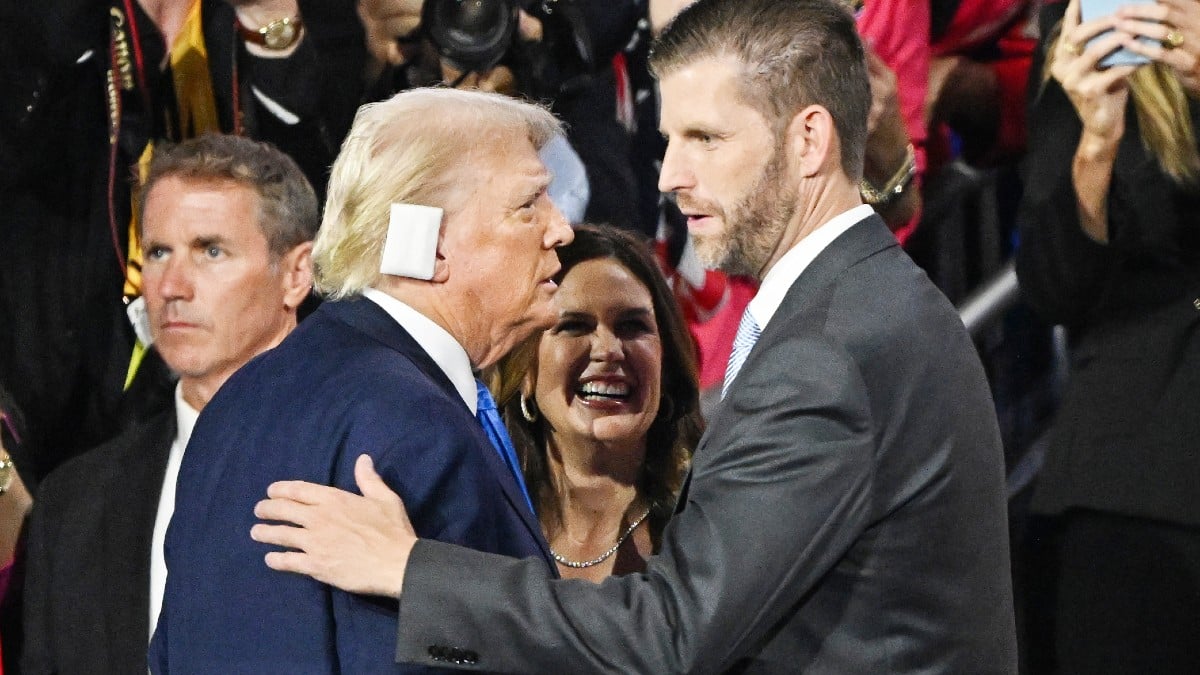


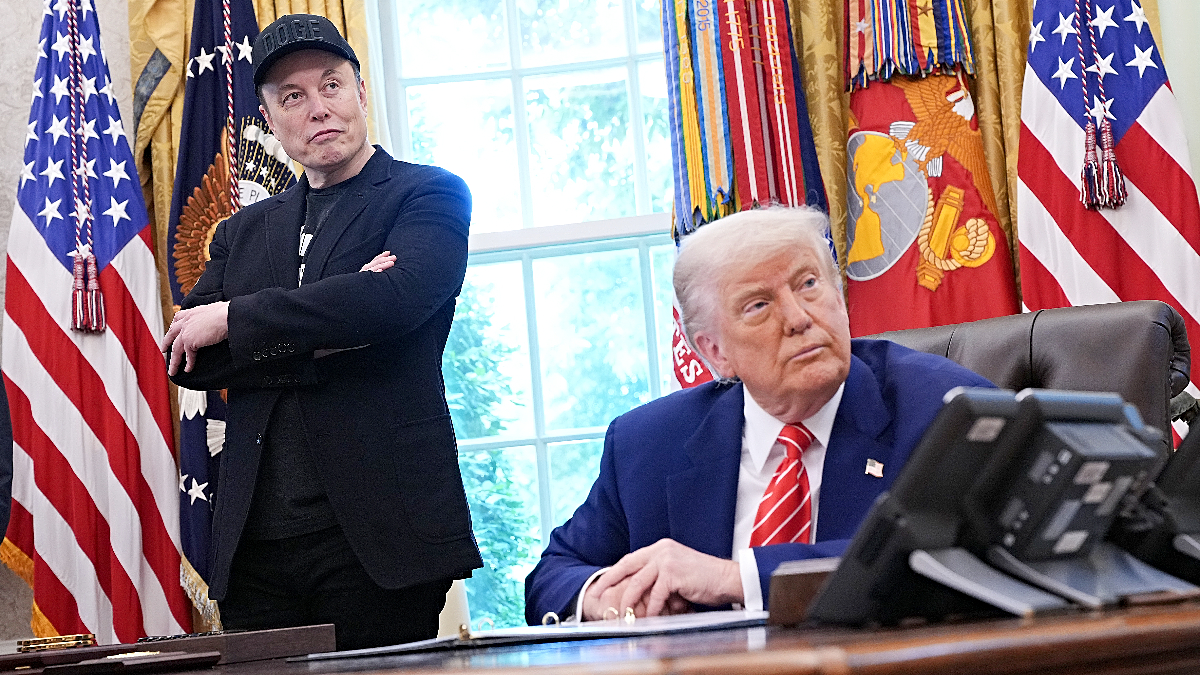
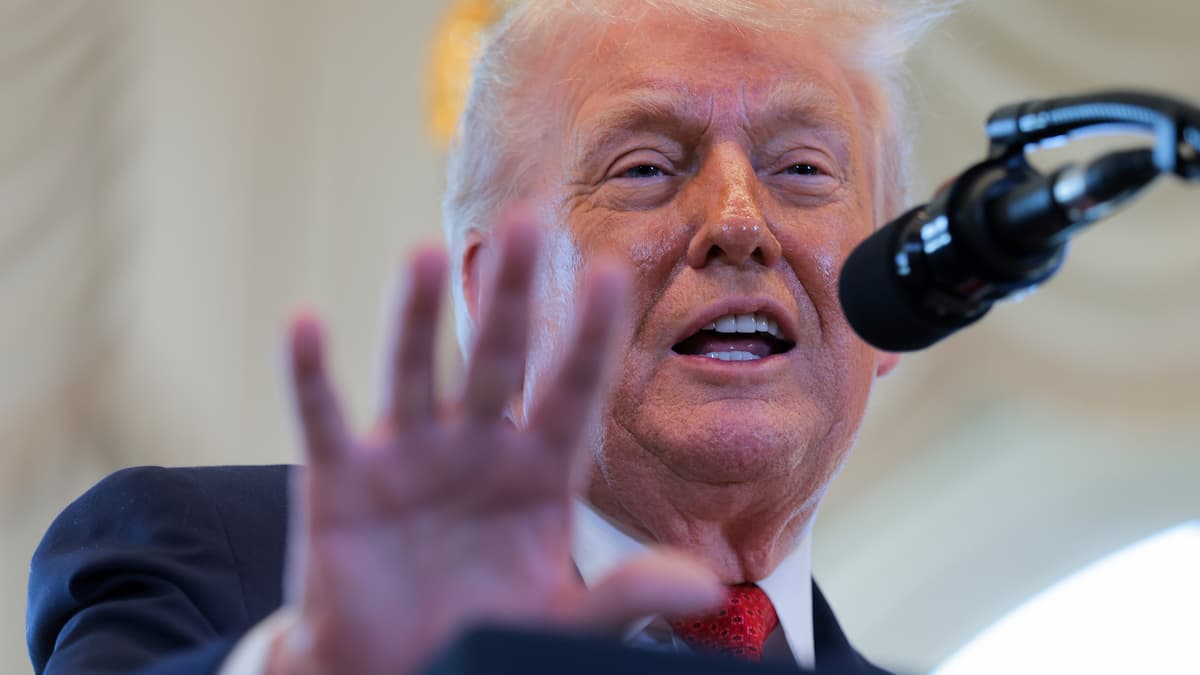
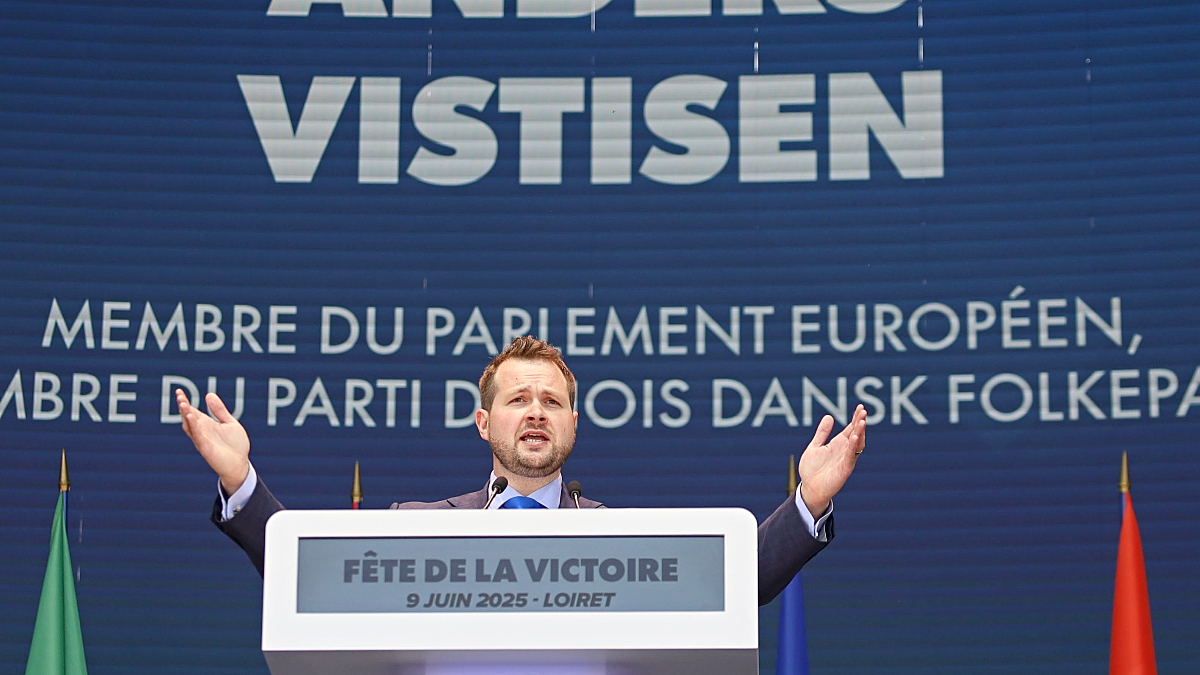

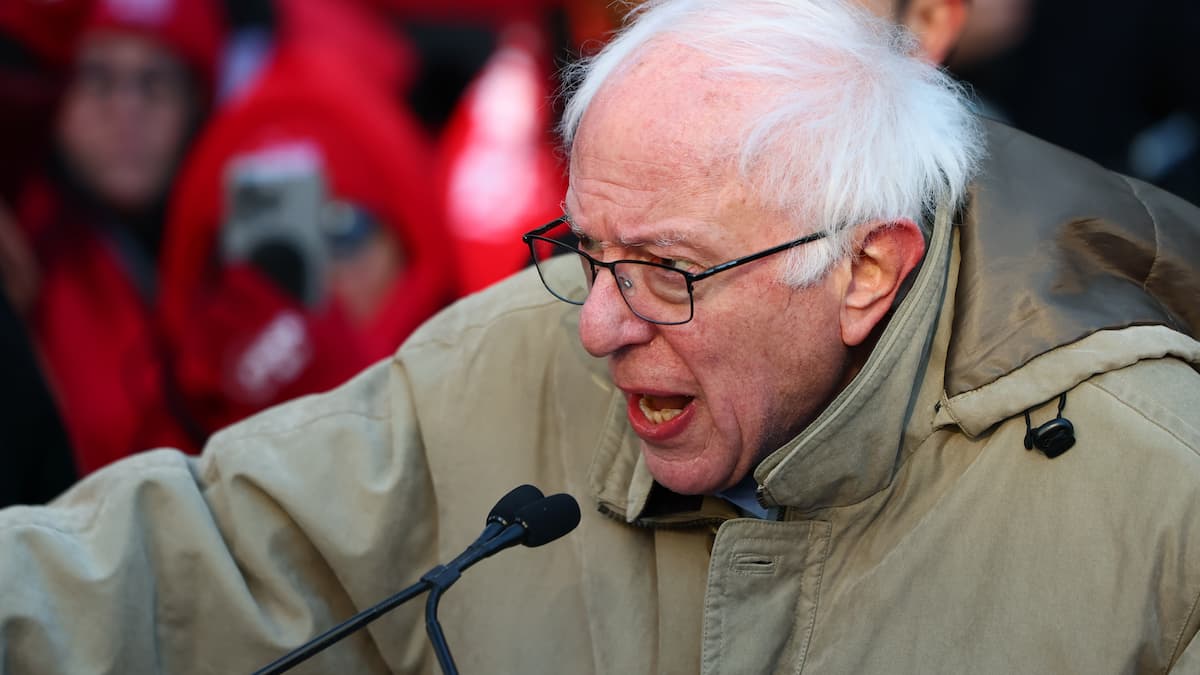


Published: Dec 28, 2024 11:42 am